How To Export Non-Iron and Steel Slag, Ash and Residues from Nigeria
How To Export Non-Iron and Steel Slag, Ash and Residues from Nigeria
Nigeria has a flourishing steel industry. Steel is one of the country’s major exports, alongside petroleum products, natural gas, and agricultural goods. With this booming industry comes the inevitable byproducts that need to be disposed of or exported.
Non-Iron and Steel Slag, Ash and Residues are often used as construction materials in Nigeria, but they pose health risks if not properly handled. That’s why it’s important to find ways to export them responsibly. Here are some ways you can do so:
What are Non-Iron and Steel Slag, Ash and Residues?
Non-Iron and Steel Slag, Ash and Residues (NISSR) are the byproducts of steel production. They often contain toxic materials, such as lead and arsenic. Producing steel creates a lot of heat and energy, and these materials are left behind as the steel is cooled.
NISSR can be exported out of Nigeria or used as a construction material domestically. Exporting them is a more sustainable option, as they can be used to produce other materials or products abroad.
However, if they’re not exported with care, they can cause environmental issues or have negative effects on the health of those who handle them. In order to export NISSR responsibly, Nigeria must abide by international regulations.
NISSR can be exported to many different countries with no restrictions. Countries that have a high need for construction materials may be interested in importing NISSR from Nigeria.
Exporting Non-Iron and Steel Slag, Ash and Residues from Nigeria
Introduction
Nigeria is the fifth-largest producer of steel in the world, and has emerged as a major exporter of steel. Steel products are one of the country’s major exports, alongside petroleum products, natural gas, and agricultural goods.
The production of steel, however, inevitably leads to the by-products of Non-Iron and Steel Slag, Ash and Residues. These materials are often used as construction materials in Nigeria. However, if not properly handled they pose health risks to humans and animals.
In order to export Non-Iron and Steel Slag, Ash and Residues from Nigeria responsibly, it’s important to find ways to export them responsibly. Here are some ways you can do so:
-Storage: If you have been storing slag in a place that is not appropriate for a long period of time, pay close attention to it. This is because slag can start to release toxic fumes when it is too close to the ground or in an enclosed space. You should store slag in a dry place not too far from the ground so that there is enough air circulation.
-Transportation: Slag needs to be transported in a way that prevents
Who should export Non-Iron and Steel Slag, Ash and Residues from Nigeria?
Non-Iron and Steel Slag, Ash and Residues are a byproduct of the steel industry. They’re the materials left over from the burning of coal and coke to produce coke oven gas. If you’ve ever been to a steel mill, you may have seen the black byproducts coming from the smokestacks.
In Nigeria, Non-Iron and Steel Slag, Ash and Residues are used as a construction material because they’re a cheap alternative to cement. But they pose a health risk if not handled properly.
There are a few things that need to be taken into account before exporting Non-Iron and Steel Slag, Ash and Residues from Nigeria. For one, you have to be sure you’re disposing them in a way that won’t harm the environment. Secondly, you have to ensure that the new country will be able to use them.
If you’re exporting Non-Iron and Steel Slag, Ash and Residues from Nigeria for new construction projects in another country, the new country needs to be able to use them for construction projects. If not, they may end up in landfills or somewhere
How to export Non-Iron and Steel Slag, Ash and Residues from Nigeria
You can export Non-Iron and Steel Slag, Ash and Residues in a few different ways.
The most common way to export Non-Iron and Steel Slag, Ash and Residues is to have them recycled. Recycling Non-Iron and Steel Slag, Ash and Residues is a process that takes them apart to be turned into new material. This method is common in Nigeria, but it’s not the only way to get rid of the byproducts.
Another way to export Non-Iron and Steel Slag, Ash and Residues is to have them burned. This process is similar to what many factories in Nigeria are doing already. It involves burning the Non-Iron and Steel Slag, Ash and Residues to produce electricity.
The last method for exporting Non-Iron and Steel Slag, Ash and Residues is to have them buried. This process simply requires you to bury the Non-Iron and Steel Slag, Ash and Residues in a landfill. While this method might seem like the easiest option, it’s not environmentally friendly—and it’s not the best for the environment.
Conclusion
To conclude, Non-Iron and Steel Slag, Ash and Residues are an inevitable byproduct of the steel industry. Nigeria has a booming steel industry, exporting these byproducts alongside other major exports. However, Non-Iron and Steel Slag, Ash and Residues pose health risks if not properly handled. By finding ways to export these byproducts responsibly, you can help Nigeria’s booming steel industry continue to grow.


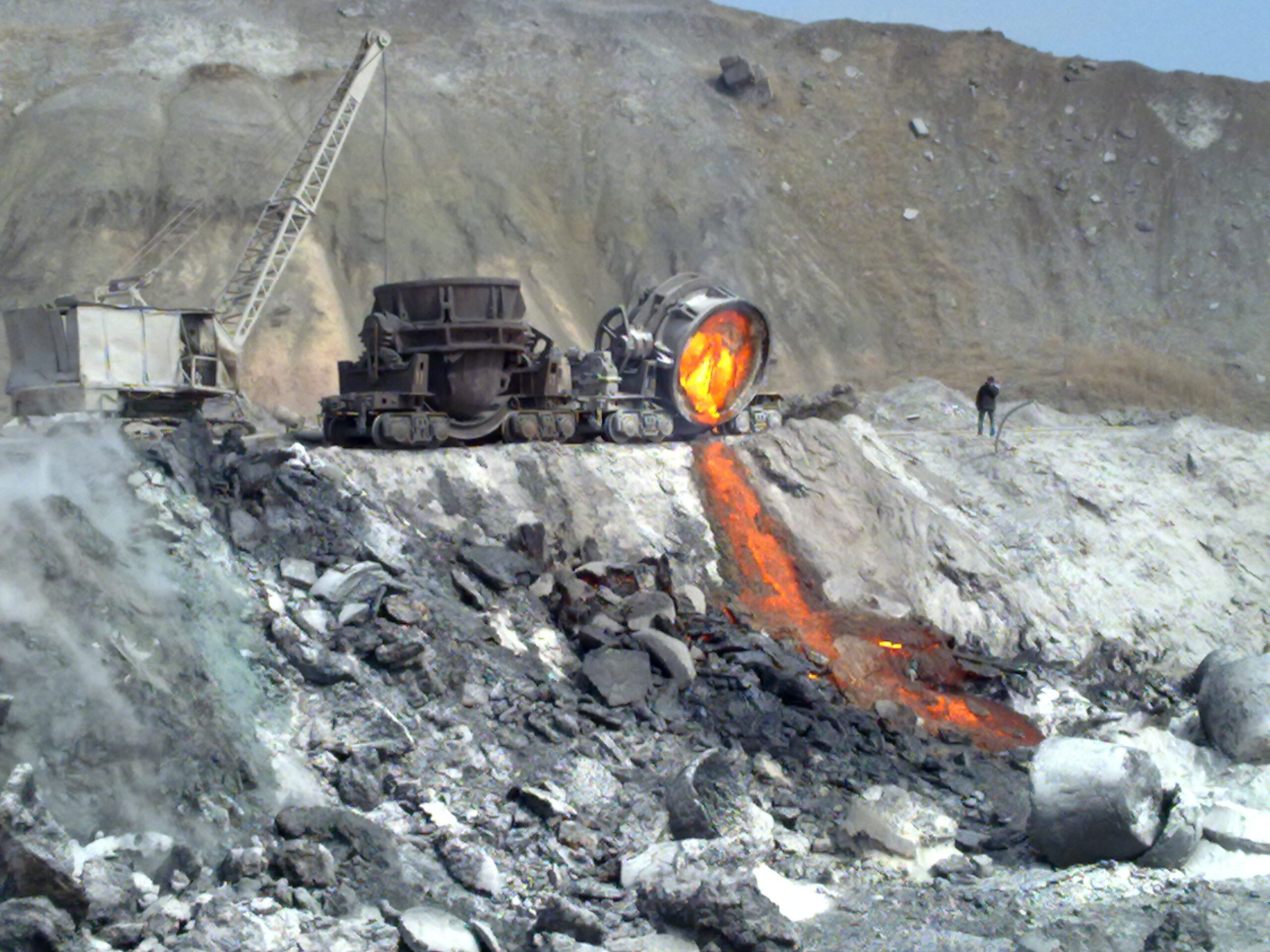
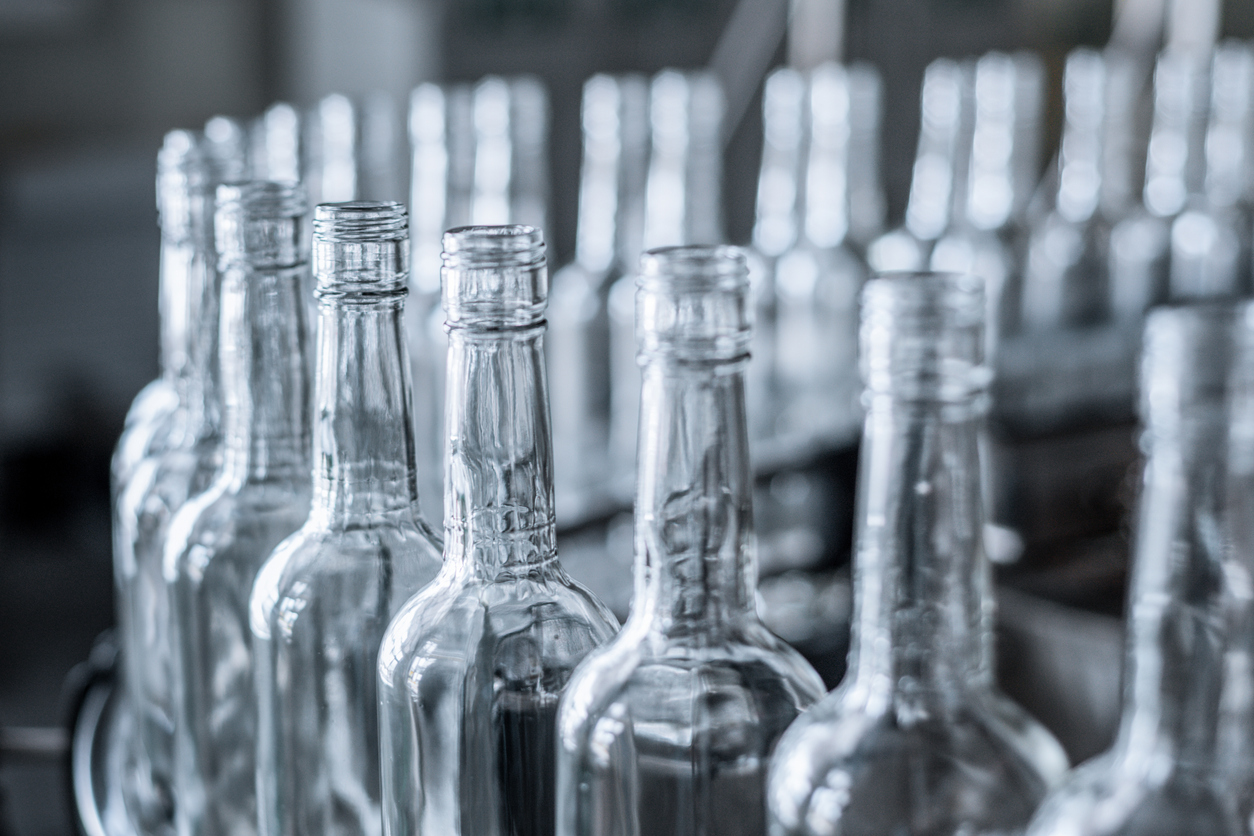
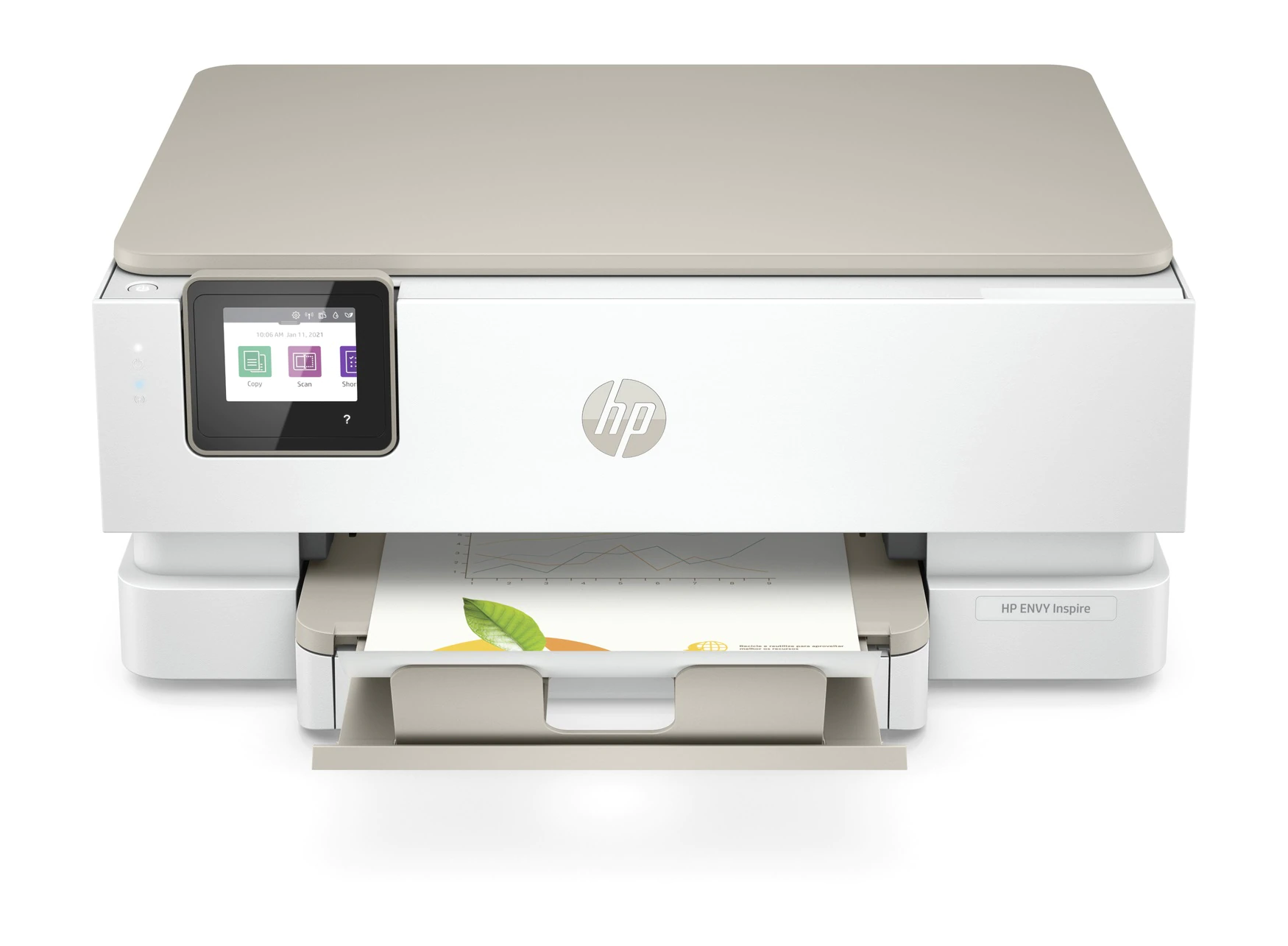
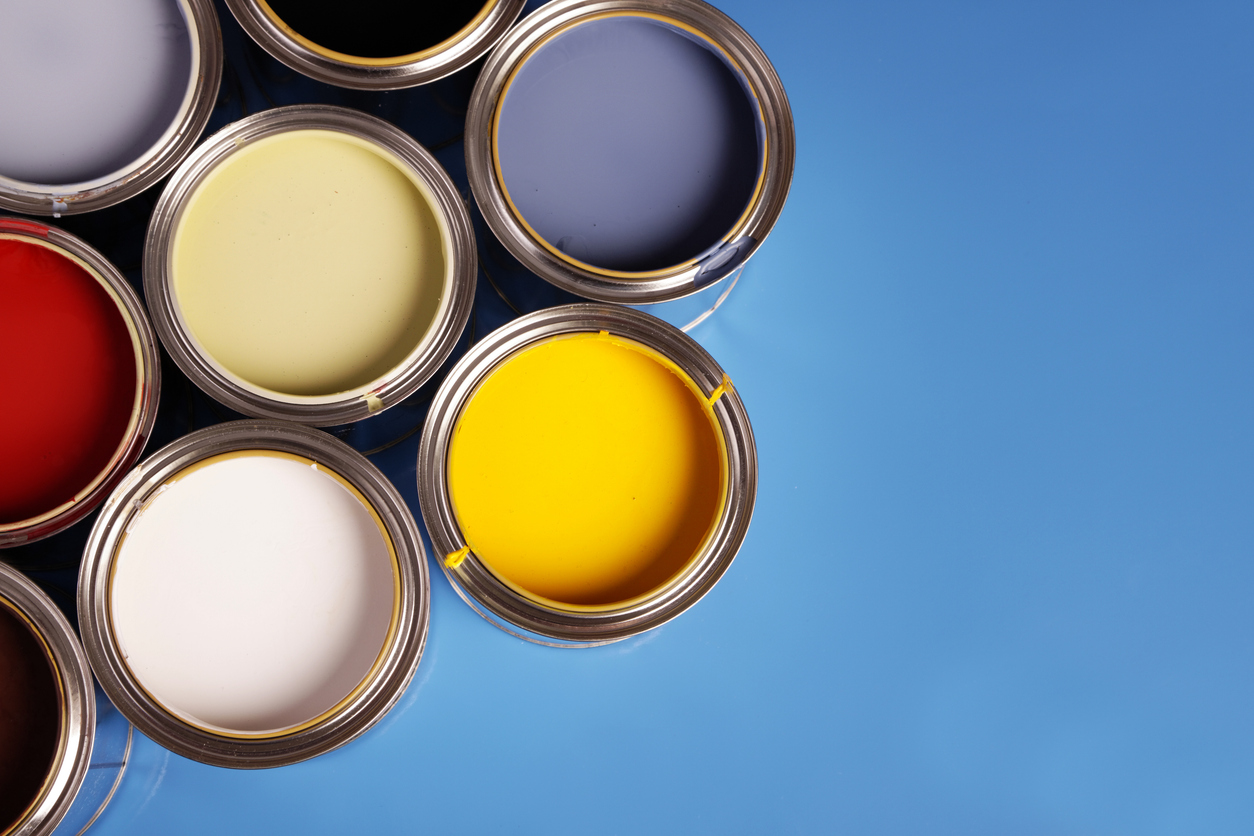
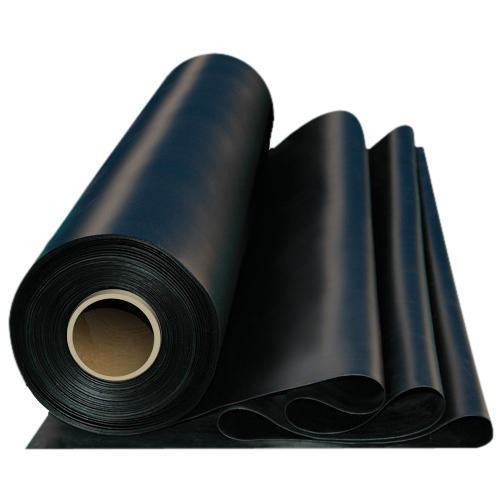
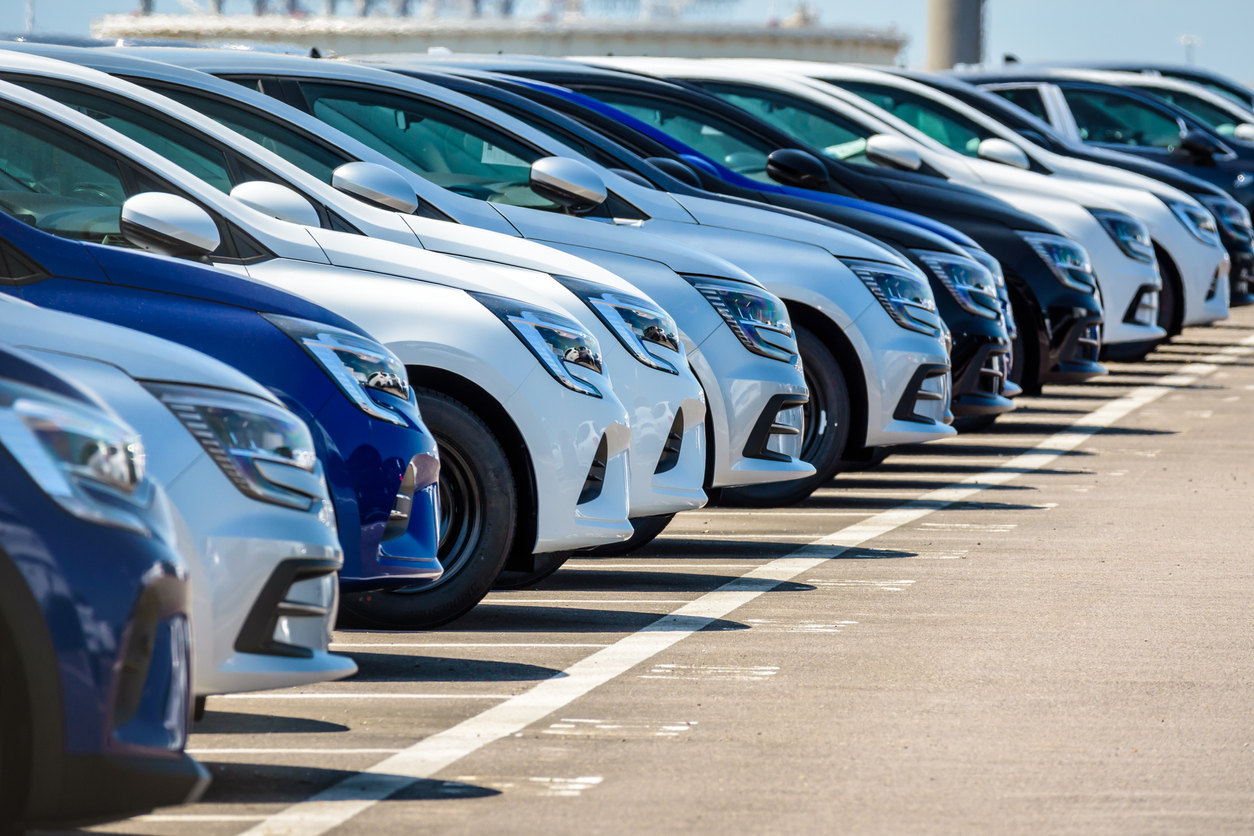
LEAVE A COMMENT
You must be logged in to post a comment.